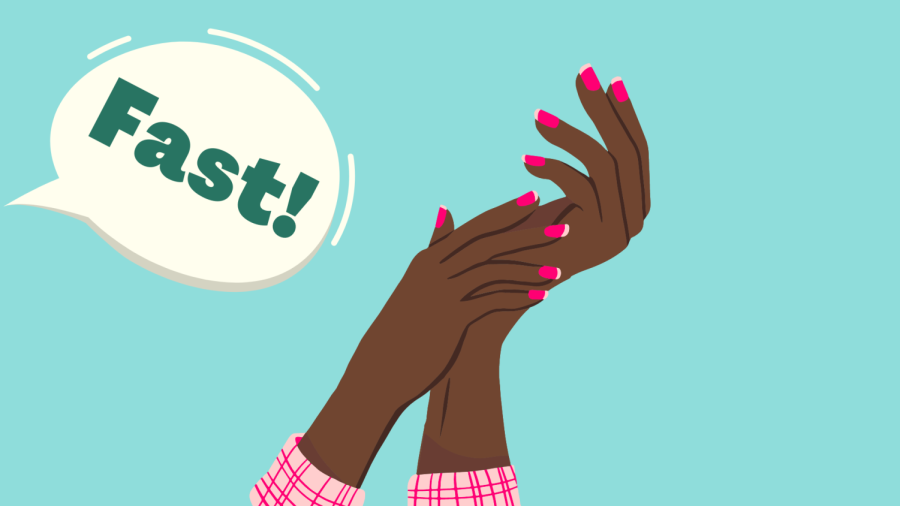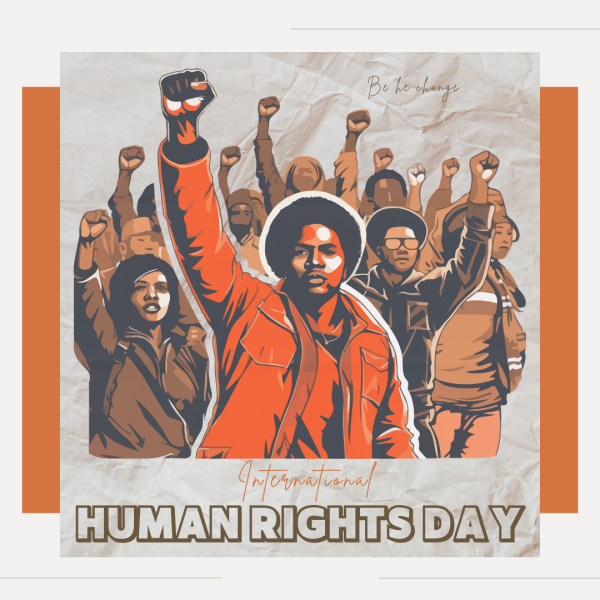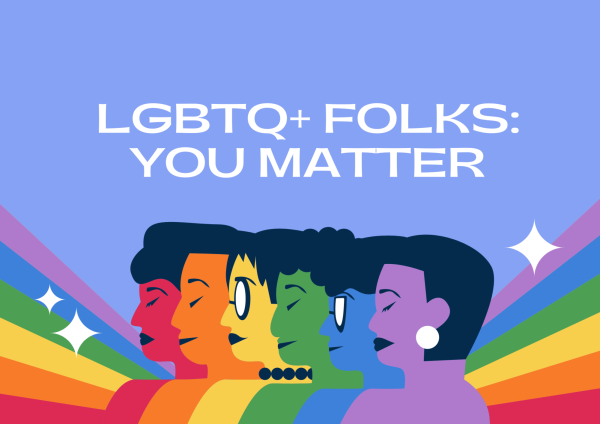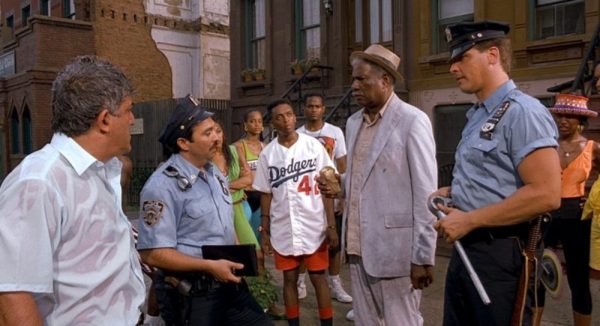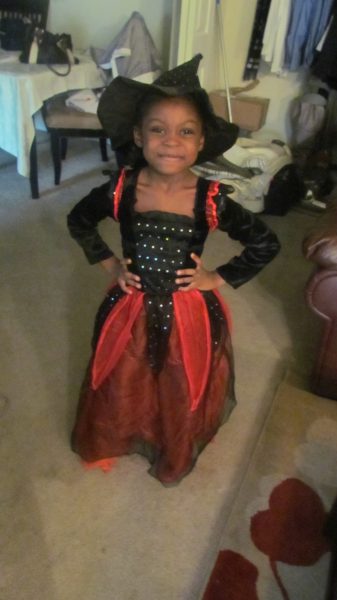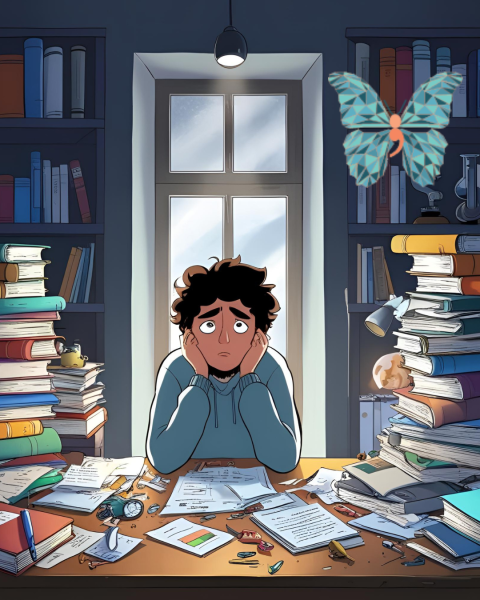The adultification of Black girls
Young Black girls often face objectificationa and adultification biasly throughout their youth compared to other young girls of different races.
When a young Black child looks in a mirror, they see exactly what they are: a child. When an adult looks at that same Black child, they see an adult.
From the time an infant is born, they are inserted into a world full of varying issues. Infants are defined by adults based on how they look. “My race and ethnicity impact everything I do and have done since I was just a child. Being Black, I felt very self-conscious of the things that I would do and how they would be perceived by the rest of society,” said Khady Mbodj, president of the Black Student Union and senior at Watkins Mill High School.
Adultification is a form of racial prejudice where children of color are seen as more adult-like than their white counterparts. A Georgetown University study titled Girlhood Interrupted: The Erasure of Black Girls’ Childhood shows that Black girls disproportionately face this racial prejudice.
Certain traits children have can change the way an adult sees them, which can play into adultification. Black girls are seen as women and are therefore held to the same expectations Black women are. When talking about “baby mamas,” being “fast” or ”loose,” and being “ghetto,” Black women are stereotyped to be those ways. The same stereotypes are then pushed onto young Black girls, disregarding the fact that they are children.
“I had to make sure I didn’t wear red nail polish because then I would be too grown. I had to make sure I wasn’t too loud in classrooms because I would be the stereotypical ghetto Black girl. I had to make sure that all emotions that I had, were withheld because then I would be the angry Black woman,” Mbodj said.
These young girls have their bodies policed by their peers, by adults, and even by their own family members. When a Black girl gets colored hair or paints her fingernails, she is labeled as “fast.” If a child doing something as simple as painting their fingernails makes an adult see them as older, that shows an issue with the adult, not the child.
Being labeled as fast or promiscuous also plays into the sexual assault Black girls face. The Institute for Women’s Policy Research reports that more than 20% of Black women are raped during their lifetime, which is a higher percentage than women overall. Due to the disproportionate rates Black women face sexual assault at, they are seen as the “legitimate victim.”
The term “legitimate victim” is used when relating to Black women. The term means that they are neglected and overlooked when it comes to any type of assault. Black women are denied victimhood because they are seen and treated this way.
Girls’ common reactions to trauma are criminalized and intensified by involvement in the juvenile justice system, which leads to a cycle of abuse and imprisonment. This is also called the sexual abuse to prison pipeline.
According to the Georgetown Law Center on Poverty and Inequality, Black and Native American girls are disproportionately put in residential placements, and 31% of girls in the juvenile justice system have been sexually abused. In states like California, Florida, South Carolina, and Oregon, over 80% of girls in juvenile justice have experienced abuse.
Instead of trying to understand these young girls, they are immediately criminalized and put into a cycle of abuse. This is especially true with Native American and Black girls. “Being Black has left me feeling trapped much too often. I [used to feel] like I didn’t matter and society assured me that my feelings were correct,” Mbodj said.
In school, Black girls face adultification. Compared to their white peers, Black girls are two times more likely to be disciplined for minor infractions such as inappropriate phone usage, dress code violations, loitering, etc. They are also over two times as likely to be disciplined for disobedience, disruptive behavior, and fighting.
Even when doing nothing wrong, Black girls are assumed to be troublemakers. “However, even as I sat quietly throughout most of my class, many had the first impression that I was cold and unwelcoming. I was seen as the stereotype,” Mbodj said.
Black girls are just as childlike as their white peers, but are seen as more adult-like by those who are fully grown. Compared to white girls of the same age, Black girls are seen as in need of less nurturing, less protection, less comfort, and less support. They are also seen as more independent, to know more about adult topics, and to know more about sex.
Why are children always at fault? When Black girls are preyed on or discriminated against, why does the blame always fall on them? Why does it matter how a child acted, or what they were wearing? Why aren’t the people perpetuating this racial prejudice held accountable and facing the consequences instead of children?
Your donation will support the student journalists of Watkins Mill High School. Your contribution will allow us to purchase equipment and cover our annual website hosting costs.
Mina Graham is a Senior at Watkins Mill High School. She is part of NHS, ACES, the Social Awareness Group (SAG), and plays varsity tennis. She has plans...



